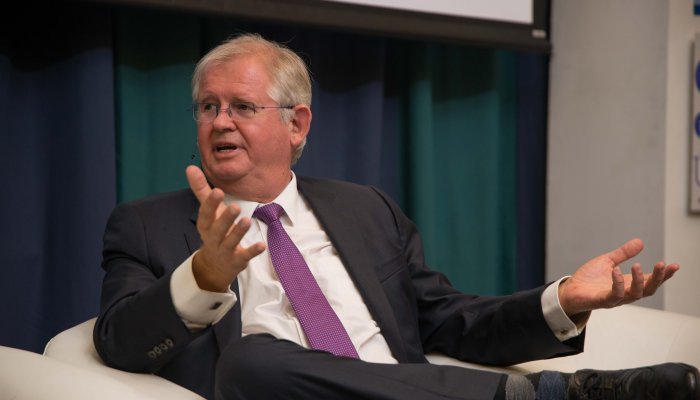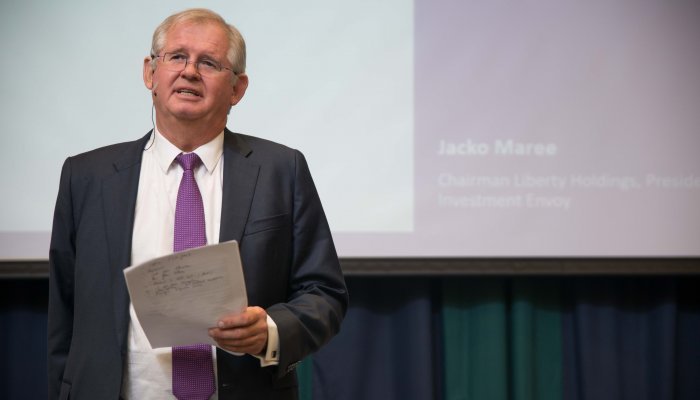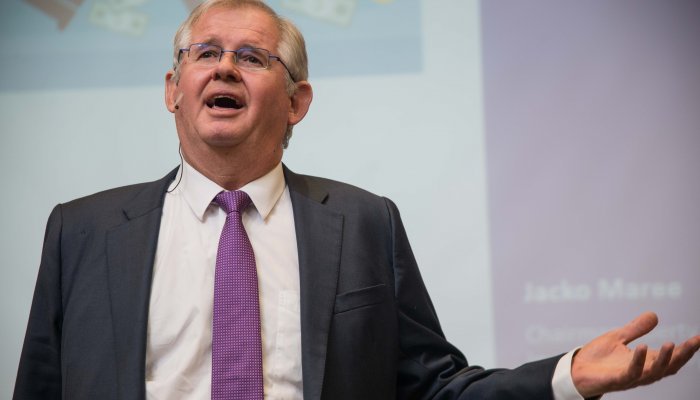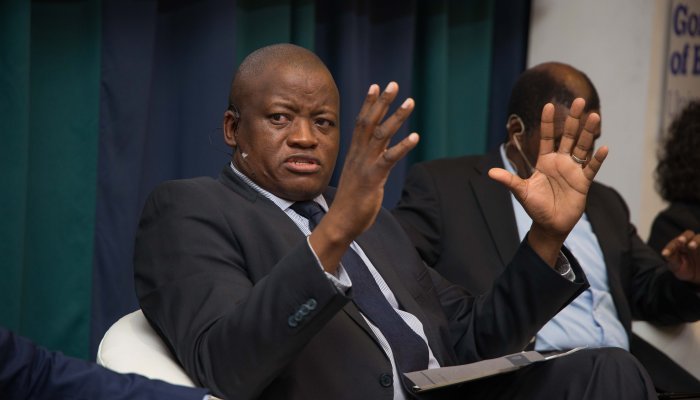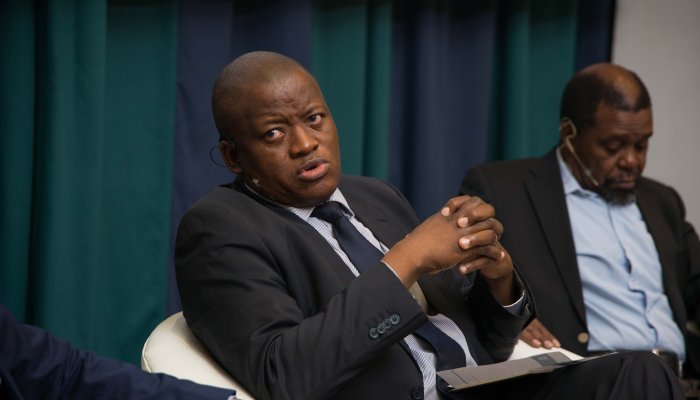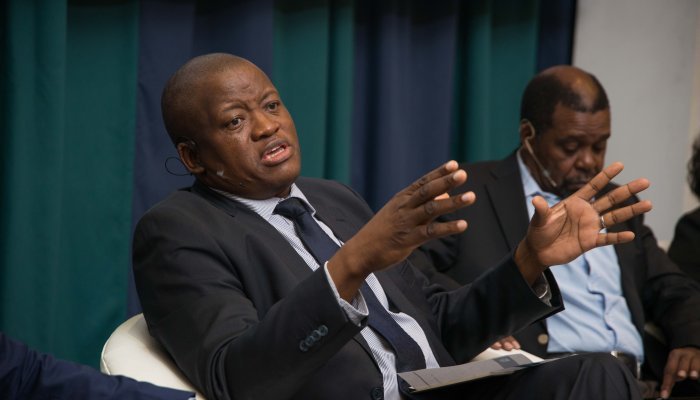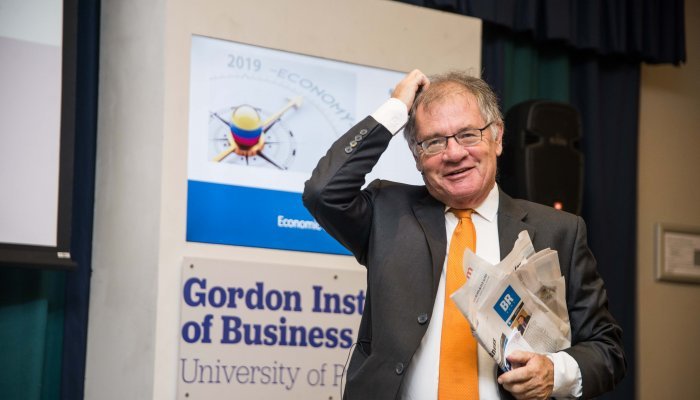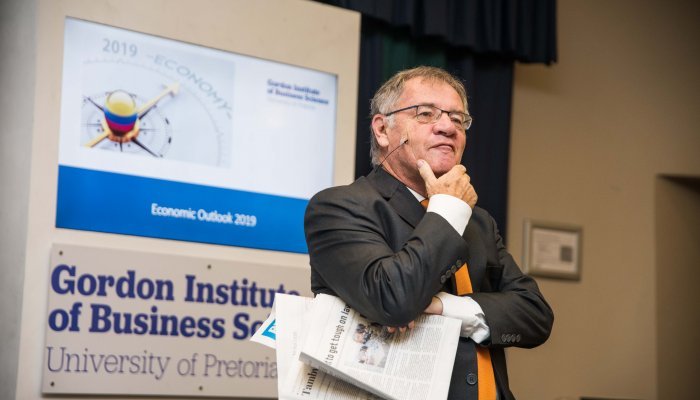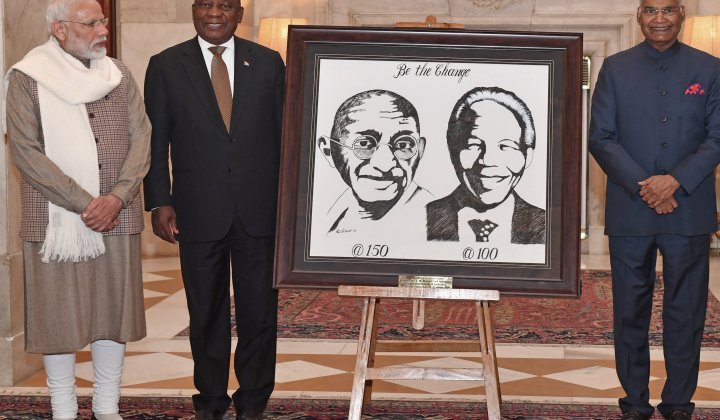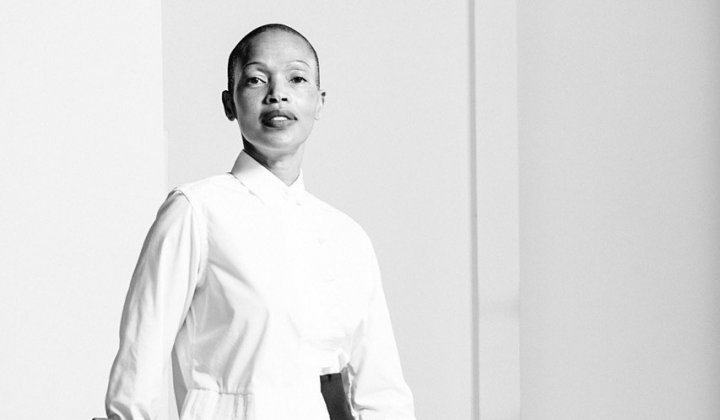The flows of private capital into the continent over the past decade show a growing interest in regions beyond South Africa. Between 2010 and 2015, the African Private Equity and Venture Capital Association (AVCA) noted 823 private equity deals across Africa, totalling US$21.6 billion. Of these South Africa alone enjoyed a 24% share of deal activity, compared with 25% for West Africa and 17% for East Africa. Between 2012 and 2017 the AVCA’s Annual African Private Equity Data Tracker showed a decline in South Africa’s share of the 953 deals valued at US$24.4 billion, at 20%. West Africa saw 27% of the action, with East Africa rising to 18%.
Right now, South Africa is understandably unfazed. Even with increased interest in the rest of the continent, South African private equity deals in 2017 were knocking on the door of R1 billion, according to the Southern African Venture Capital and Private Equity Association. But the numbers are showing an appetite to move directly into African markets like Nigeria, Ghana, Kenya, Morocco and Egypt.
China has a huge pot of capital that must go global, but South Africa isn’t courting this.
As African economies become more inclusive and governance improves, these figures will continue to grow, said experts addressing a Deloitte Africa Outlook conference in January 2019. “The level of opportunity is improving,” said Vuyo Ntoi, Investment Director: Head of Southern and Central Africa, African Infrastructure Investment Managers. Karin Hodson, Africa Managing Partner for Financial Advisory, Deloitte Africa, pointed to East Africa – particularly Kenya, Ethiopia, Rwanda and Uganda – as a notable focus area. And Nabeel Laher, Head: International Private Equity, Old Mutual Alternative Investments, stressed that while you can never completely eliminate risk in Africa, value creation is becoming more intense across the continent.
With South Africa languishing in 82nd place (out of 190 countries) on the 2019 World Bank Doing Business report, and dropping one place to seventh spot in the 2018 Ibrahim Index of African Governance, more needs to be done to instil faith in the country and its economy. Put more bluntly: South Africa needs to pull up its socks in order to attract both investment and investors.
The question is how? A key theme to emerge from the 2019 GIBS Economic Outlook conference in February was South Africa’s apparent lack of a clear and actionable strategic plan.
What is SA’s strategy?
Much of South Africa’s current strategy for attracting investment rests on long-standing relationships with a select group of countries.
Speaking with his investment envoy hat on, former Standard Bank CEO Jacko Maree and the bank’s current chairman, noted that about 78% of foreign fixed investment into South Africa currently comes from Europe and the United Kingdom. Bloomberg recently narrowed down the top five list to the UK, Holland, Belgium, the USA and Germany. Certainly, it is easier to develop these relationships than build new ones, said Maree, but China and Japan are increasingly critical markets for Africa and deserve attention. He noted: “As China has been pushing into Africa, Japan has been feeling left behind and is trying to play catch-up. Both have a huge preference to start in South Africa, they feel relatively safe here because of our infrastructure.” But what is South Africa doing to cement those relationships?
Very little, said Kobus van der Wath, Group MD of international advisory firm, The Beijing Axis. “China is already 16% of the world economy, it is fairly easily going to the 20% level in the next few years. Even as it slows, it is transforming its economy and its people are thinking differently. [But] how informed are we? Are we looking at China for what it is: an agro-processing market, raising capital, digitalisation, artificial intelligence businesses that are ready to partner? These are not conversations I end up having when I speak to people in Johannesburg and Cape Town.”
In short, noted Van der Wath, “there is no real probing or strategic assessment for the implications for boardrooms in our country… China has a huge pot of capital that must go global, but South Africa isn’t courting this. I really think we can do a lot more in that regard.”
The likes of Kenya, Rwanda and Mauritius are already looking to attract China, as are the Australians, who have now secured more investment from China than the whole of Africa, said Van der Wath. Australia has done this by taking a strategic view, he said, and they have done this by learning Mandarin, opening Chinese study centres at universities, hosting workshops and deploying diplomats fully versed in the language and the culture. “We have a lot to learn,” he said.
Tackling concerns head on
Not only is South Africa flagging on the strategic front, we are also failing to address the concerns of foreign investors.
Dr. Seamus Duggan, Senior Analyst at risk advisory firm Control Risks, explained: “If you want to talk about attracting investment into South Africa and growing the economy it’s always the same issues: what is going on in the ANC and is there genuine political change, what on earth is going on with Eskom, labour dynamics and crime?” That said, ultimately investors always come back to “will the costs outpace the returns?”
Interest in South Africa is still there, stressed Standard Bank CEO Lungisa Fuzile, but there always seems to be that one thing standing in their way, like the Mining Charter or spectrum stuff in the ITC space. “While these don’t amount to a crisis or a hostile environment, they create that little bit of doubt,” and this could see an investor stepping back and wondering if they should take that last step and commit.
...value creation is becoming more intense across the continent.
Investors are looking for a consistency in messaging both at home and abroad, a sense of unity in terms of the national approach and a feeling that government and business are talking the same language, added Fuzile. Unfortunately the current disconnect between what is happening on the ground versus the rhetoric in the State of the Nation address and the Budget, as well as comments made at home versus statements made on the global stage, are glaringly obvious.
While doing business in Africa does require a bold approach, what investors need to get them over the line is some certainty and consistency of messaging, said Fuzile. “If you’ve ever watched South African business people sitting in front of investors abroad, you won’t believe they are the same South African business people talking about their same situation at home. I don’t know if they’ve woken up to the fact that the news flows! So when you are at home, don’t exaggerate things; be calm, be measured, don’t hide corruption, don’t understate it or underplay it. But don’t say everyone is corrupt when you know that some are corrupt.”
...we are also failing to address the concerns of foreign investors.
But, when necessary, it is important to call it as it is, he said. This was certainly the case with Ann Bernstein, head of the Centre for Development and Enterprise think-tank, who told the GIBS conference in no uncertain terms that South Africa was broken.
Government has “failed spectacularly, disastrously for everyone and we are on the brink of crisis almost everywhere you look”, she said, with the hugely important utility, Eskom, now producing less power today than it did in 2004. While many businesses are struggling to survive, Bernstein was quick to add that big business in particular had been “singularly unstrategic” in how they view the challenges facing South Africa and their role in rectifying the situation. “Big business has failed to put up a strategy for how South Africa can grow,” she said.
Get the private sector on side
Maree focused strongly on the role the private sector could play in getting South Africa on its feet again, saying: “Our growth rate is tracking around the 1% range, and Sub-Saharan Africa is growing at 3% plus. So it tells you that there is 2% of growth which is our own fault. We shot ourselves in the foot. We should be growing at the much faster rate… so it should be relatively easy to get the growth rate up if we start doing the basics correctly. And stopping the corruption and theft.”
The only viable lever available to the country, he said, is private sector fixed investment, both local and foreign. But the local spend is perhaps the most important element. “When it comes to fixed investment, foreigners always want to know what the locals are doing. They will follow the locals,” said Maree. “We have to create that growth; we can’t expect foreigners to do it for us.”
In other words, South African companies have to spend. And, for this to happen, it is vitally important that the country achieves political stability. Alongside this critical component, Maree also highlighted the need for policy certainty, safeguarding the rule of law, attracting the right skills, improving education, dealing with corruption, clarifying the land issue and black economic empowerment, and turning around underperforming state-owned enterprises.
While SA Inc.’s turnaround list may seem overwhelming, Maree stressed that “confidence is built in small, incremental steps” and that simplifying complexity should be a sound starting point. He added: “Despite the challenges and the realities, I am increasingly positive and the CEOs that I talk to are also.”
But for many on the stage the task ahead was far more complex than simply flicking a switch. As Judge Dennis Davis put it: “If in three to six months we aren’t seeing prosecutions [from the state capture enquiry] then we are in serious trouble.” It will take a Herculean effort to address the scourge of corruption, he said. Something foreign investors will be watching with eagle eyes.
TALKING POINTS
· Increasingly, investors are seeing value in African countries like Nigeria, Egypt and Kenya, within notable interest in the East African region.
· South Africa is no longer regarded as the launchpad into the rest of the continent.
· South Africa’s own competitiveness is dwindling. The country held firm in 82nd place on the World Bank’s 2019 Doing Business report, down from 74th in 2016 and 32nd in 2008.
· The country dropped to seventh in the 2018 Ibrahim Index of African Governance.
· After 10 challenging years, foreign investors want to see local businesses showing faith in the economy and investing themselves.
· Experts are concerned that South Africa lacks a clear strategic plan of action when it comes to courting foreign investment.
· Confidence needs to be re-built by addressing issues like crime and corruption, underperforming state-owned enterprises, labour and skills, policy uncertainty and the rule of law.


